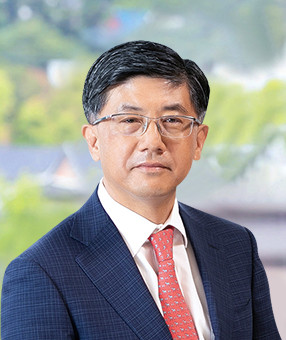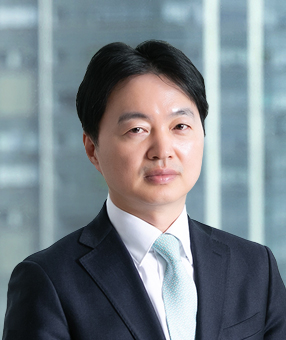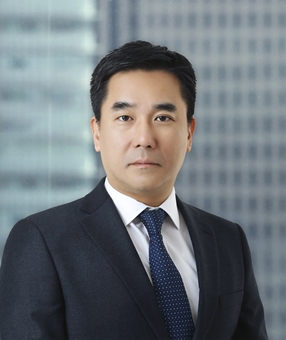On December 20, 2023, the Seoul Central District Court ruled in a preliminary injunction ("PI") action that a Korean company's activities conducted before the originator's compound patent expired under the claim of gaining product approval did not fall within the research and testing exemption allowed under the Korean Patent Act ("KPA").
Eylea®, a vascular endothelial growth factor inhibitor, is a blockbuster drug used to treat patients with neovascular age-related macular degeneration, and ranks within the top ten drugs in terms of worldwide revenue. The compound patent for Eylea® expired on January 9, 2024, and leading up to the expiry of this patent, a major Korean biosimilar company manufactured certain amounts of its biosimilar product in Korea and continuously exported it to the U.S. to conduct clinical studies and other testing to obtain regulatory approvals. The patentee filed a PI action for patent infringement against the biosimilar company, and in its defense, the biosimilar company claimed that its manufacturing and development of its Eylea® biosimilar was solely to obtain regulatory approval and that they did not infringe the patent citing Article 96 (1) of the KPA under the research and testing exemption.
The KPA provides the research and testing exemption (so called "Bolar exemption") similar to other jurisdictions. Under certain circumstances, this statute (Article 96) allows the practice of patented invention for research and testing to obtain product approval related to pharmaceutical patents. Despite the existence of this exemption, there have been only a handful of cases dealing with this issue in Korea to date, and even fewer relating to biopharmaceuticals. In interpreting Article 96, the court emphasized the importance of balancing the benefit to researchers in promoting the development of technology in reliance upon the said provision and the harm to the patentees that would result if the exemption was allowed. The court looked at two factors: 1) who had the burden of proof in showing whether the biosimilar activities constituted acts defined under Article 96, and 2) whether this determination was sufficiently supported by the facts and evidence.
After an unusual three (3) hearings, the PI court held that the burden of proof of whether the research exemption applies was on the biosimilar companies and the entities practicing the patent before patent expiry. Based on this determination, the court then concluded that the biosimilar companies had not sufficiently proven that their manufacture and export activities during the patent term qualified for the research and testing exemption. Although evidence was submitted by the biosimilar companies to support their claim that they acted based solely on approval-related purposes, the court found for infringement due to the lack of clear evidence to support the biosmilar's argument when considering the overall manufactured and exported quantity, and the possibility that the product could be sold for commercial distribution later after research and testing was completed. Based on these grounds, the court ultimately issued an injunction prohibiting the biosimilar companies from engaging in infringing activities such as manufacturing until patent expiration. Further, the court ruled that the necessity of preservation was not denied just because the patent was soon to expire and that the necessity of preservation was clearly present based on the fact that the Korean company's activities may lead to significantly shortening the time period to enter the market, which could result in tremendous harm to the patentee. The court stated that in balancing the protection of patentees' rights, the research exemption should not go beyond and unduly limit the patentees' legitimate interests in light of the other purports of the KPA.
This decision is significant in that the court required a higher burden of proof for a potential infringer relying on the research and testing exemption and also required that sufficient and objective evidence must be produced in order to claim the exemption. It further clarified that stockpiling (which involves mass producing drug products before patent expiration with a view to selling them afterward) is not allowed and that imminent patent expiration does not minimize the necessity for preservation to protect the patentee's interest in this regard. This decision has become final and conclusive due to the expiration of the patent but a related suit, a main patent infringement action based on the same patent is pending before the same Seoul Central District Court panel, with a decision expected to be rendered in late 2024 or early 2025.
Related Topics







